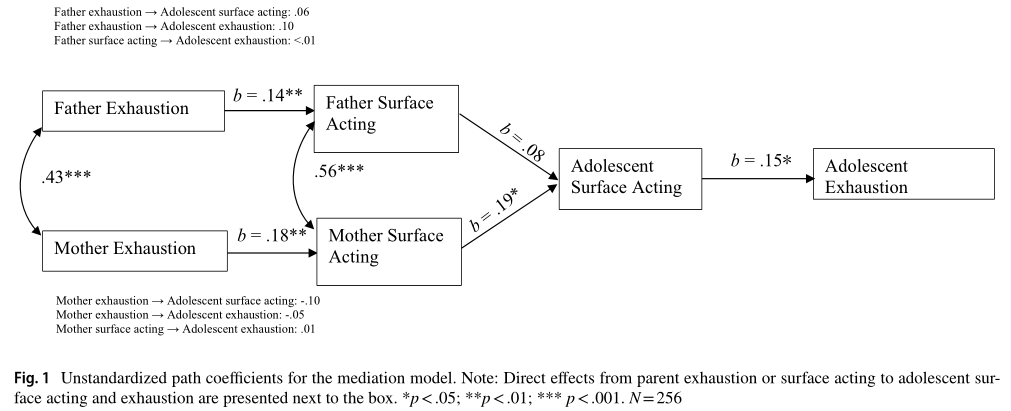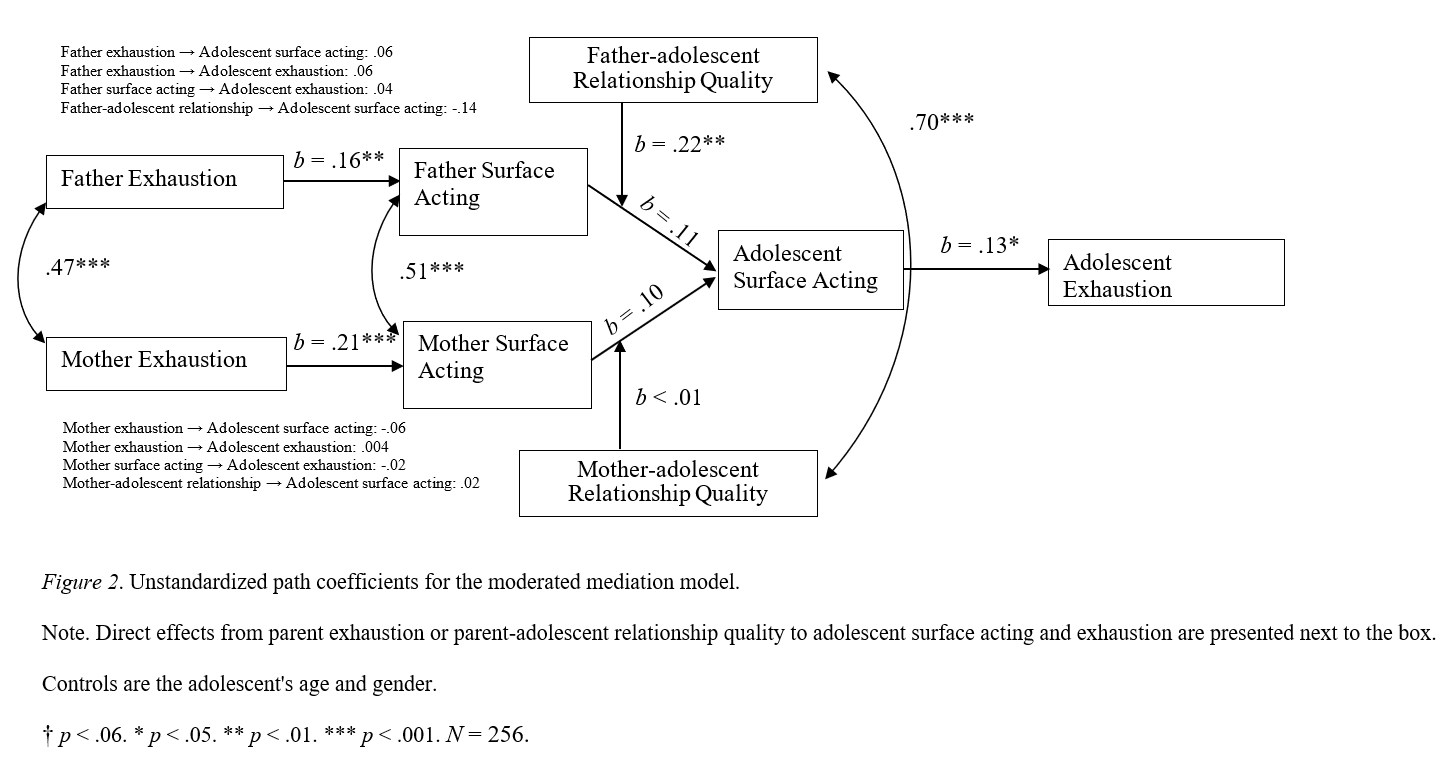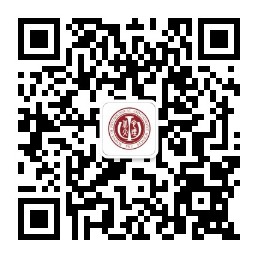Work stress is often referred to as the “infectious disease of the 21st century”, which is manifested in both spill-over and cross-over effects. For example, work stress spreads among employees like the flu. The focus of the current study is whether burnout caused by work stress spreads among family members, especially from parents to children. This involves both the spill-over of parental burnout from work to family, as well as the cross-over effect of burnout transmitted from parents to children. This topic reveals the profound impact that job burnout may have from a broader perspective.
This research was published in the Journal of Business Psychology. Based on the social cognitive theory, the authors construct a chain mediation model to reveal the underlying mechanism relating parental job burnout to adolescents’ academic burnout. Specifically, maternal job burnout increases the emotional surface acting of mothers at home, which is learned by their children and further leads to their academic burnout at school. However, this is not the case for paternal job burnout.

Further, we ran the moderated chain mediation model. After controlling for children’s age and gender, when the father-adolescent has a higher quality of relationship, it is found that paternal job burnout increases his surface acting at home, which is learned by their children and further leads to their academic burnout at school (see Supplementary Analysis S2 Figure 2). That is to say, the spread of paternal job burnout only functions when there is a higher quality of father-adolescent relationship. The spread of maternal job burnout is not affected by the quality of mother-adolescent relationships.

This study focuses on the influence of both fathers and mothers on their adolescents. Previous research usually explores such spreading via emotional contagion processes, which is passive. Here, we emphasize the individual's active emotional adjustment learning process to explain how burnout spreads. Parents and adolescents are living individuals with their subjective thoughts and behaviors. Such a proactive perspective provides a new way for people to understand the transmission of job burnout. Managers should pay attention to the phenomenon of employee burnout and provide practical intervention guidance. It will not only help improve employees’ mental health and directly safeguard their career development but also help reduce the burnout of their family members, especially children, who will be the future generation of employees. The family's stability and health will indirectly promote employees' personal development.
Dr. Jiajin Tong is the first and corresponding author. Dr. Drake Van Egdom is a human capital consultant at ICF, Reston, VA, USA. Dr. Kimberly French is an assistant professor at the Department of Psychology at Colorado State University, USA. Dr. Jing Zhang is an associate professor at the Department of Management at California State University San Bernardino, USA.
This research received financial support from the Foundation of Beijing Key Laboratory of Behavior and Mental Health.
Tong, J.#*, Van Egdom, D.#, French, K.#, & Zhang, J. (2024). Parent-Adolescent Transmission of Emotional Exhaustion: Testing a Social Cognitive Spillover and Crossover Model. Journal of Business and Psychology. DOI: 10.1007/s10869-024-09974-3


